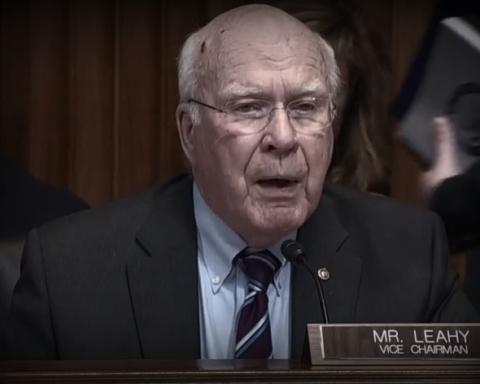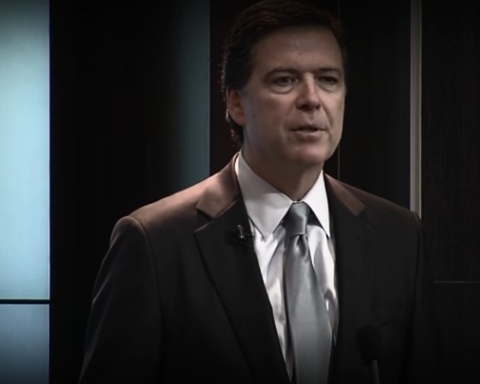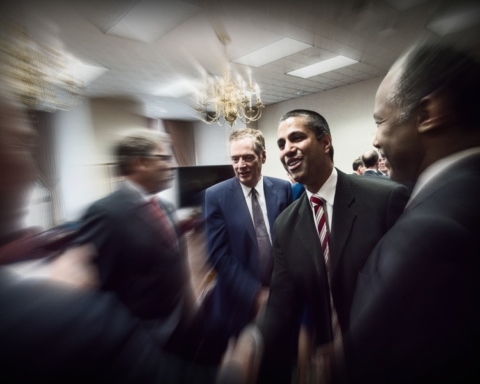A spending bill set to be considered in the House on Wednesday is being loaded up by Republicans with provisions to neuter the Federal Communications Commission and the signature ruling it made last year.
The latest GOP onslaught against the FCC and its Net Neutrality rules comes a week after a federal appeals court in Washington, DC upheld the regulations, which classified the internet as a public utility. The move was designed to prevent telecom companies from putting up barriers to non-proprietary content online.
Internet industry titans are expected to appeal that ruling to the US Supreme Court. The legislation on the matter pending this week in the lower chamber would prohibit the commission from enforcing its Net Neutrality rules until the case has been fully resolved.
The Financial Services and General Government Appropriations Act would also prohibit the FCC from regulating internet prices, and require the agency to make future regulations available to the public three weeks before commissioners vote on them.
Even if it passes, the FCC legislation is likely to die on Capitol Hill–until next January, at least. On Tuesday, the White House threatened to veto the spending bill.
“The appropriations process should not be used to overturn the will of both an independent regulator and millions of Americans on this vital issue,” the administration said on Tuesday. It added that the regulation “ensures a level playing field that is increasingly vital to the future of the Nation’s digital economy and online competition.”
Earlier this month, the US Court of Appeals for the DC Circuit ruled that the FCC does have the authority to regulate the internet as a utility. The court also rejected an argument from the telecom industry that the Net Neutrality rules violated their corporate free speech.
“Because a broadband provider does not—and is not understood by users to—’speak’ when providing neutral access to Internet content as common carriage, the First Amendment poses no bar to the open internet rules,” Judges Sri Srinivasan and David Tatel wrote in the majority opinion.








